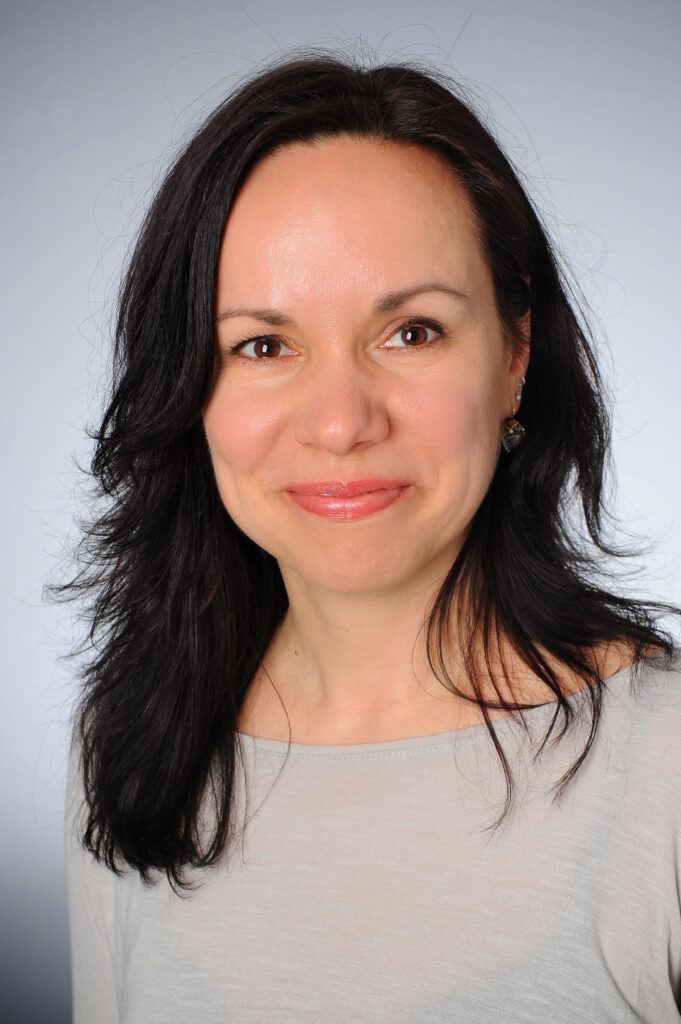On March 22, 2021, from 11:00 a.m. to 5:30 p.m., our digital CoRe-Net Methods Forum took place again in cooperation with the Center for Health Services Research Cologne (ZVFK). The program included three workshop topics for which participants could register separately. All workshops were conducted via the virtual meeting platform Zoom.
Workshop “Qualitative research methods”

The first workshop was held by Prof. Dr. Ute Karbach on the topic of “Qualitative Research Methods”. A total of 20 participants received an overview about various approaches and methods of qualitative research and dealt with the differences between qualitative and reconstructive social research. Subsequently, evaluation methods such as qualitative content analysis and the documentary method were examined in more detail.
During a concluding discussion, the topic of saturation of results in qualitative research was discussed in particular. With the conclusion that no absolute saturation can be guaranteed, Supply Prof. Dr. Karbach referred to “Good Scientific Practice” and once again emphasized the relevance of research workshops.
Workshop “Working with MAXQDA”

Dr. Kerstin Kremeike introduced the participants to working with the software program MAXQDA. By means of practical exercises, the participants learned about the diverse functions of the analysis program. The exercises ranged from creation of first codes and memos, to the aggregation of codes, to the linking of text passages and the creation of variables. In addition, the possibilities for joint work in a team were illuminated, with an enriching exchange of experiences taking place in the course.
The visualization of results of a qualitative content analysis was also discussed. Finally, Dr. Kremeike pointed out common sources of errors and presented further support offers.
Workshop “Assesment of evidence from qualitative systematic reviews with GRADE-CERQual”
Angélique Herrler gave an overview of the GRADE-CERQual tool and its areas of application in her workshop “Assessing Evidence from Qualitative Systematic Reviews with GRADE-CERQual”:

– What is CERQual?
– What can it do?
– Where are its limitations?
After a theoretical introduction, the 20 participants were allowed to try out an initial assessment in small groups for a given review finding on the basis of the data regarding appropriateness or coherence. Finally, the experiences were discussed and open questions were answered.
Credit: Hanna Wilmes
We are pleased about the lively participation despite pandemic-related restrictions and would like to express our sincere thanks to Supply Prof. Dr. Ute Karbach, Dr. Kerstin Kremeike and Angélique Herrler for their exciting and practical contributions as well as to all participants for their interest and the exchange during the methods forum.

